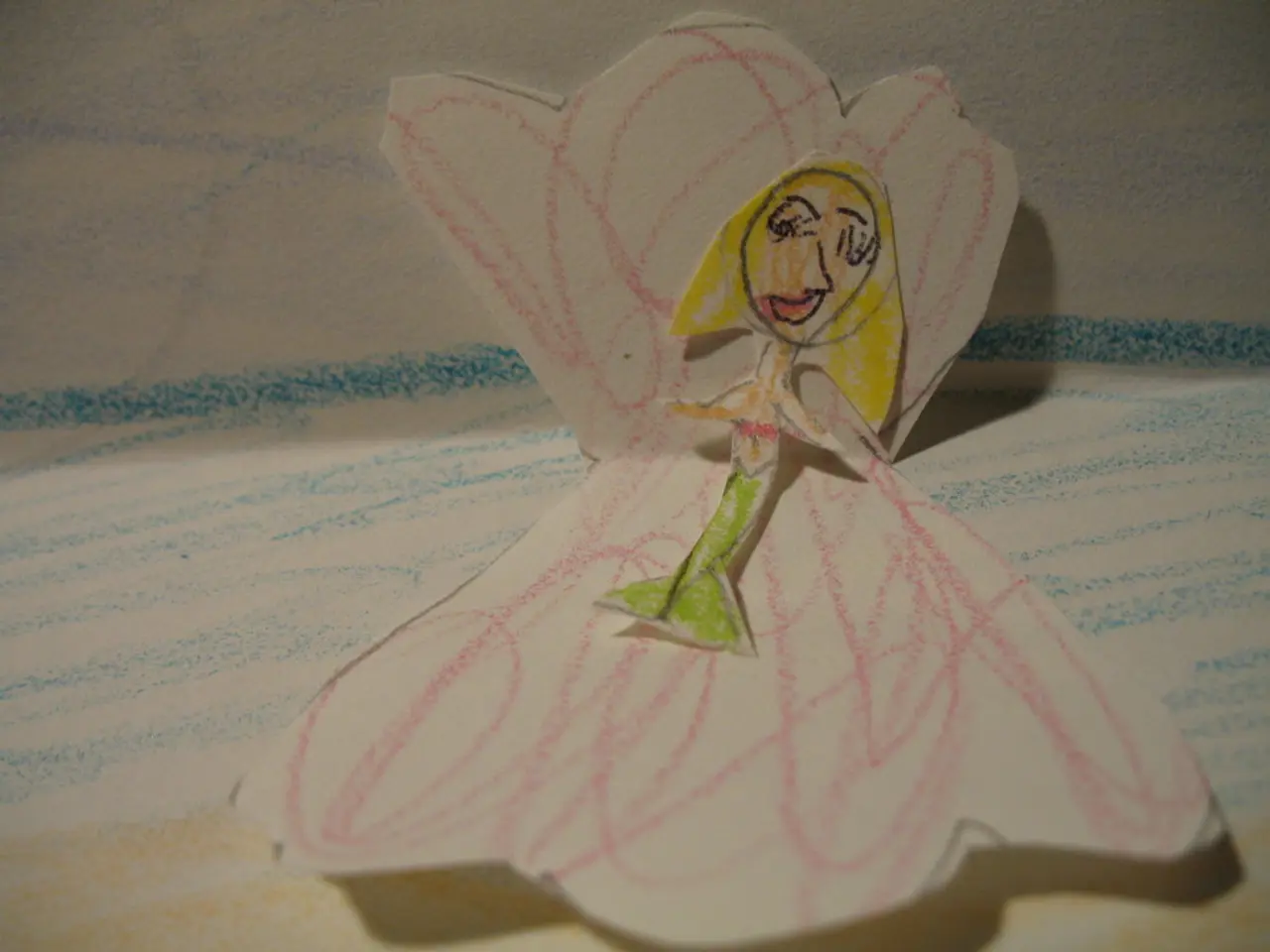Art Fundamentals Guide: Kickstart Your Journey and Discover Skills Gained
In the world of art, taking the first steps can sometimes feel overwhelming. But fear not, for we have compiled a list of essential lessons and resources to help you embark on your artistic journey.
Setting Goals
To establish a solid foundation in art, beginners should focus on acquiring skills in basic drawing techniques, color theory, and other foundational elements. Breaking learning into small, achievable tasks can help build confidence and provide a sense of accomplishment.
Basic Drawing Techniques
- Identify and Draw Essential Shapes: Start by learning to draw basic shapes like circles, ovals, rectangles, and triangles. These shapes are the building blocks of drawing and can help simplify complex subjects.
- Practice with Light Sketch Lines: Begin with light sketches to build confidence and precision in drawing. This technique helps in creating smooth transitions and corrections without leaving permanent marks.
- Simplify Complex Subjects: Learn to break down complex subjects into basic shapes to make drawing easier and more manageable.
Color Theory and Painting
- Understand Color Fundamentals: Learn about color theory, including primary and secondary colors, warm and cool colors, and how colors interact with each other.
- Separate Light and Shadow: Understand how to separate areas of light and shadow in your drawings and paintings. This is crucial for creating depth and dimensionality in art.
- Master Basic Painting Techniques: Learn techniques such as layering, blending, and using different brush strokes. Start with simple exercises like painting basic shapes and gradually move to more complex subjects.
Online Courses for Beginners
- Coursera - How to Draw: A Beginner's Guide Pt 1: This course focuses on basic shapes and building a daily drawing practice.
- Udemy - Art Fundamentals in One Hour: A concise course covering the core concepts and terminology needed for digital painting.
- Udemy - The Complete Drawing & Painting Illustration Course: Offers extensive coverage of drawing and painting techniques, including shading and color theory.
- Character Art School: Complete Coloring and Painting: Although focused on character design, this course provides comprehensive lessons on coloring and painting techniques.
Additional Tips
- Build a Daily Drawing Habit: Consistency helps develop muscle memory and improves drawing skills over time.
- Experiment with Different Media: Try various drawing tools like pencils, charcoal, and digital drawing software to find what works best for you.
- Study the Work of Others: Analyze the work of professional artists to understand different techniques and styles.
By focusing on these foundational skills and using the resources available, aspiring artists can establish a strong foundation for their artistic journey. Keeping a sketchbook, building a daily drawing habit, and experimenting with different media are all key to success.
Remember, everyone's artistic journey is unique, so don't be afraid to explore different mediums and styles. Whether you're painting landscapes, people, or abstract designs, the world of art awaits you!
[1] [Source 1] [2] [Source 2] [3] [Source 3] [4] [Source 4] [5] [Source 5]
- To complement your artistic journey, consider expanding your knowledge beyond the world of art in areas such as lifestyle, fashion-and-beauty, food-and-drink, home-and-garden, and education-and-self-development through various learning resources.
- A balanced lifestyle that includes hobbies like cooking, gardening, or beauty routines can serve as a source of inspiration for your artistic pursuits.
- Embrace ongoing learning by enrolling in online courses for subjects like DIY projects, personal development, or cooking techniques to fuel your creativity and broaden your skill set.



